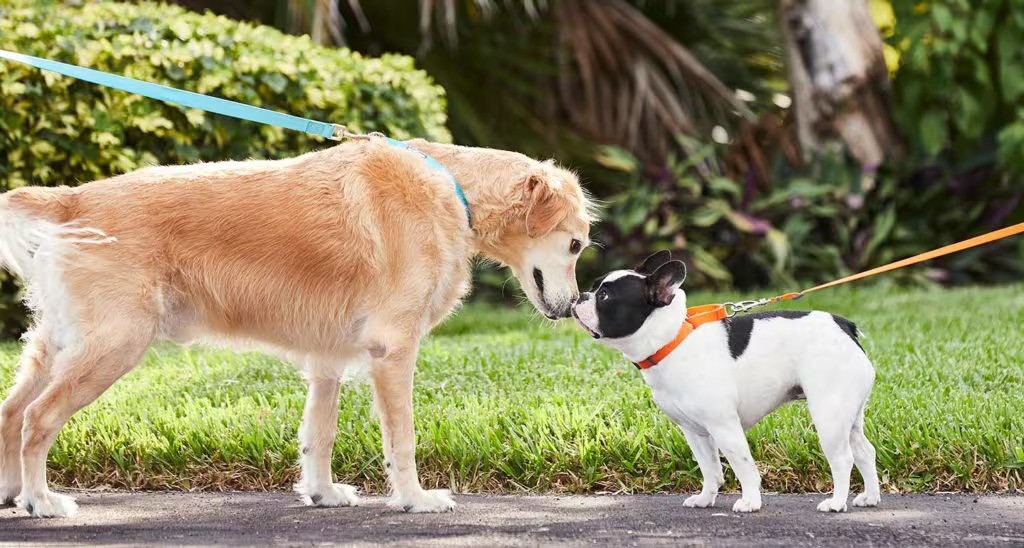Socialization is a vital aspect of raising a well-adjusted and happy dog. Whether you have a young puppy or an adult dog, proper socialization helps them feel comfortable and confident in various environments and around different people and animals. Here are some essential tips for socializing your dog at different stages of life.
1. Start Early
Puppy Socialization
Early socialization is crucial for puppies between the ages of 3 weeks and 4 months, known as the critical socialization period.
- Exposure to Various Stimuli: Introduce your puppy to different people, animals, sounds, and environments during this critical developmental stage.
- Positive Experiences: Ensure all socialization experiences are positive and enjoyable for your puppy to build confidence and reduce fear.
2. Positive Reinforcement
Use Rewards and Praise
Positive reinforcement techniques help your dog associate social interactions with positive experiences.
- Treats and Rewards: Use treats, toys, or praise to reward your dog for calm and friendly behavior around new people and animals.
- Consistency: Be consistent with praise and rewards to reinforce desired behaviors during socialization.
3. Gradual Exposure
Slow and Controlled Introductions
Gradually introduce your dog to new people, animals, and environments to prevent overwhelming them.
- Controlled Environments: Start with controlled environments with few distractions and gradually increase exposure as your dog becomes more comfortable.
- Observation: Watch your dog’s body language for signs of stress or discomfort, and adjust the introduction accordingly.
4. Enroll in Training Classes
Puppy Classes
Enrolling your puppy in puppy socialization classes provides structured socialization opportunities under the guidance of a professional trainer.
- Structured Environment: Puppy classes offer controlled interactions with other puppies and supervised play sessions.
- Training Opportunities: Learn basic obedience commands and essential socialization skills in a supportive environment.
Basic Obedience Classes for Adults
For adult dogs that lack socialization or obedience skills, basic obedience classes offer valuable training and socialization opportunities.
- Behavior Modification: Address any behavioral issues while improving social skills through positive reinforcement training.
- Structured Learning: Benefit from the guidance of experienced trainers to help your dog develop good manners and social etiquette.
5. Supervised Playdates
Arrange Playdates
Arrange supervised playdates with other well-socialized dogs to provide opportunities for positive social interactions.
- Choose Compatible Dogs: Select dogs with similar energy levels and play styles to ensure a positive experience for both dogs.
- Supervision: Monitor the interaction closely and intervene if necessary to prevent any conflicts or rough play.
6. Exposure to Various Environments
Explore Different Environments
Expose your dog to a variety of environments, including parks, sidewalks, stores, and public events.
- Gradual Exposure: Introduce new environments gradually, starting with quiet and familiar locations before progressing to busier and more stimulating environments.
- Positive Associations: Pair new environments with positive experiences, such as treats, toys, or playtime, to create positive associations.
7. Be Patient and Consistent
Patience is Key
Socialization is a gradual process that requires patience and consistency.
- Take It Slow: Respect your dog’s pace and comfort level during socialization, and avoid rushing the process.
- Consistent Practice: Incorporate socialization opportunities into your dog’s daily routine to reinforce positive behaviors and build confidence.

